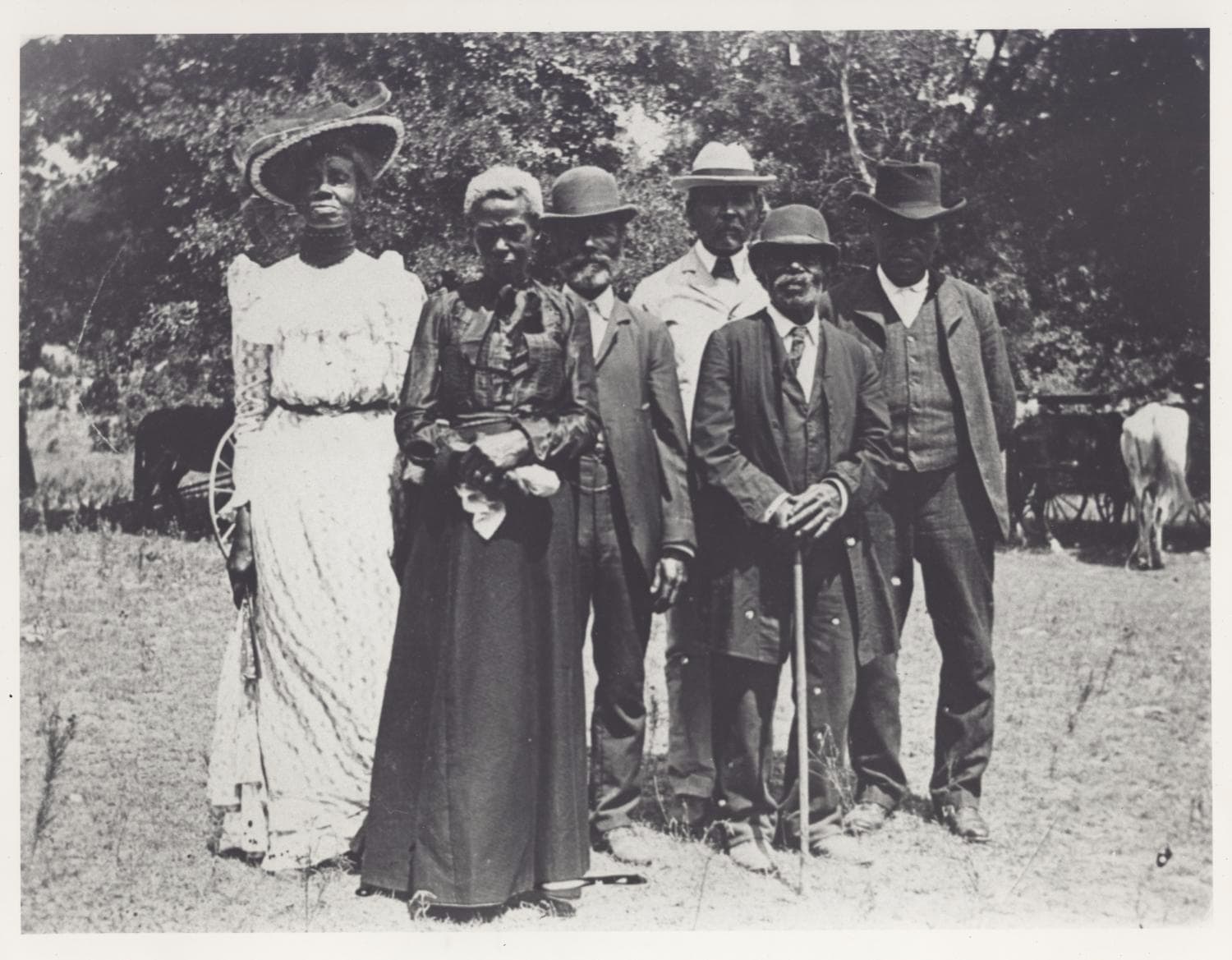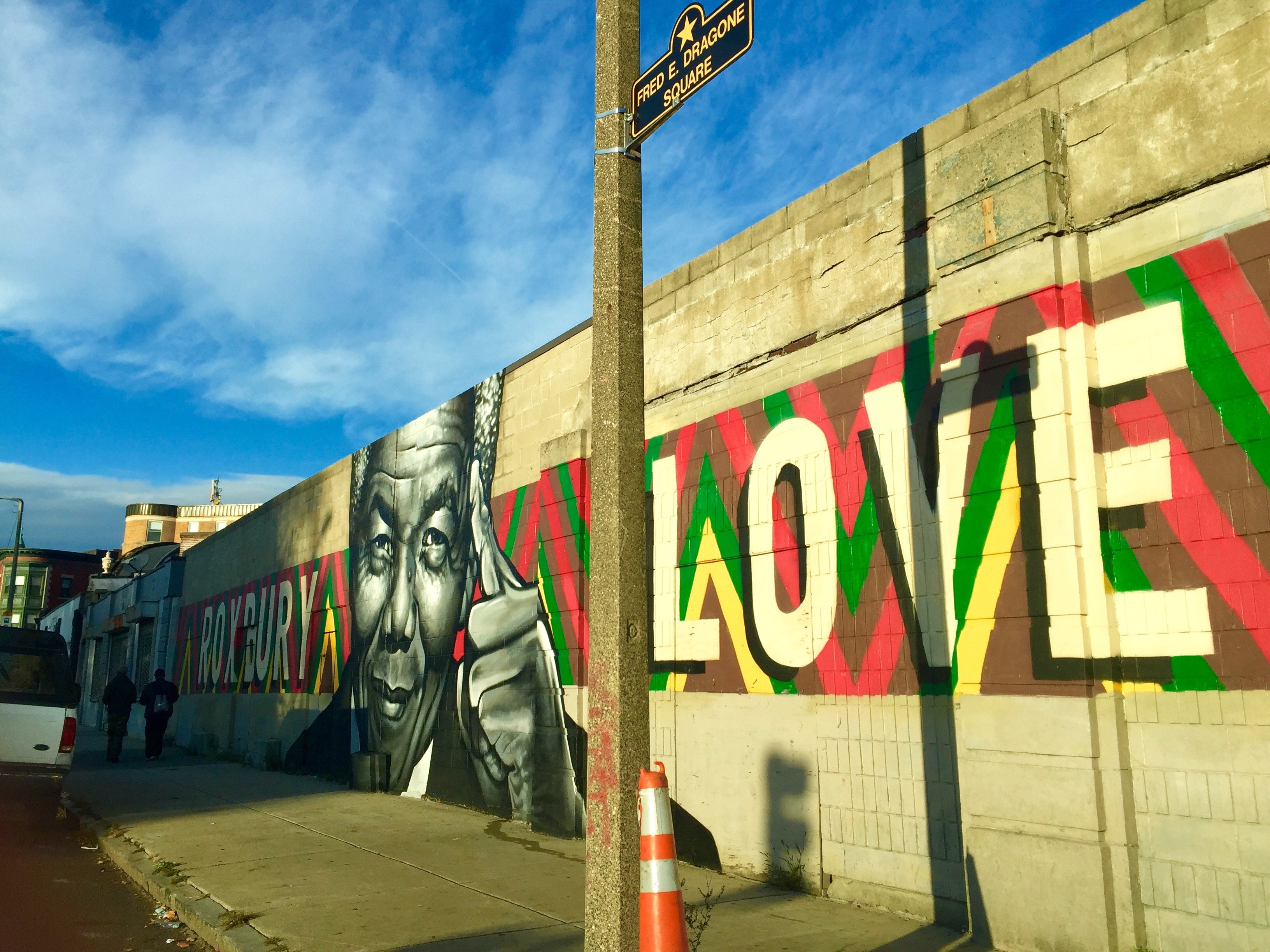Why celebrate Juneteenth?
"What, to the American slave, is your Fourth of July?" - Frederick Douglass
On July 4, America marks its independence with brilliant fireworks displays, parades, and endless red, white, and blue-themed celebrations of patriotism. For many Black Americans, however, these celebrations fall short of reflecting their lived experiences and those of their ancestors. They instead look to another date, June 19, as a more fitting time to celebrate freedom, with a holiday known as Juneteenth.
Juneteenth marks the day in 1865 that Union soldiers, led by General Gordon Granger, reached Galveston, Texas. they announced to the state that the Civil War was over and that all enslaved persons had been declared free. Although the Emancipation Proclamation had become official over two years prior, the institution of slavery remained untouched in areas beyond Union control. In taking control over the state, the Union effectively liberated the remaining slaves in Texas. They also ended this specific form of slavery in America.
Juneteenth has become not only a time to commemorate Black liberation from the institution of slavery, but also a time to highlight the resilience, solidarity, and culture of the Black community. It is a time for Black Americans to reflect on their ancestral roots. They're also able to join together to celebrate the freedoms and lives that generations have fought to secure.
The holiday originated in the immediate aftermath of General Granger’s announcement to the people of Texas, when formerly enslaved persons joined in rejoicing over their newfound liberation. Newly-freed Black Americans in Texas continued to mark June 19 as their day of freedom with celebrations and parties in the following years. This happened in an open defiance of the threats that they faced in the Reconstruction era,
Juneteenth spread throughout the United States, sometimes family by family to new cities and frontiers. At other times, it spread far more rapidly, such as during the Great Migration. Local celebrations continued in the tradition of the original, often marked by food, dancing, and, increasingly, Black pride. Freedom remained a central theme of celebration. But, the narrative of community growth, progress, and resilience began to emerge as well. During the most difficult times, especially throughout the Jim Crow era, communities would use Juneteenth as an opportunity to find strength and peace in one another. Some celebrations even doubled as fundraisers for buying land to host subsequent celebrations. This was the case with the land that would become Emancipation Park in Houston, Texas.
Following a revival of Juneteenth during the civil rights movement, in 1979, Texas became the first state to recognize Juneteenth as an official state holiday. Since then, 44 other states and the District of Columbia have followed suit. In 2007, Massachusetts became the 25th state to recognize the holiday. The recognition of Juneteenth in Massachusetts held special significance. The proclamation was signed by Governor Deval Patrick, the first Black governor of the Commonwealth and the only sitting Black governor at the time in the United States.
Movements to make Juneteenth a national holiday have a long, robust history as well. Today the push is led by Reverend Ronald Myers, the chairman of the National Juneteenth Observance Foundation. In his own words, Myers states, “Every year we must remind successive generations that this event triggered a series of events that one by one defines the challenges and responsibilities of successive generations. That’s why we need this holiday.”
Today, Juneteenth is marked as much by tradition as it is by the ways that is has adapted over time. For all of the sports and games and dress that have become a part of some of the celebrations today, the core remains unchanged:
- family
- food, and
- community.
Community-wide barbecues and block parties have become Juneteenth custom. One of the first large-scale Juneteeth celebrations in Boston started in the 1990s when a group of Roxbury residents met following the funeral of a mutual friend. They decided to start an annual event that has since become known as the Roxbury Pride Day Juneteenth Celebration, one of several large-scale celebrations in the City.
Aside from celebration, modern Juneteenth has also evolved into a time to speak out and demonstrate. It serves as a reminder of the freedoms that are yet to be reached by people of color and as an opportunity for people to address those inequities that afflict their communities.
Juneteenth remains remarkably relevant in modern America. It serves as a celebration of the progress attained by generations of fighting for freedoms and rights; it also serves as a reminder of the work yet to come that will be necessary in order to ensure a brighter, more equitable world for all children and future generations. On June 19, 2017, let this be a time of reflection on how far we have come, while using it as an opportunity to reignite our passion for fighting for liberty and justice for all.



